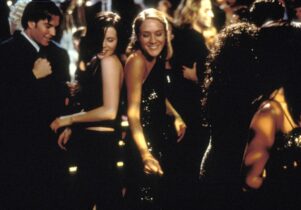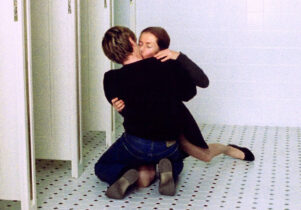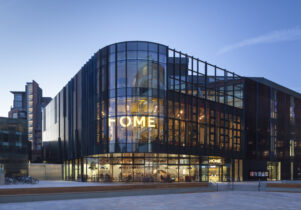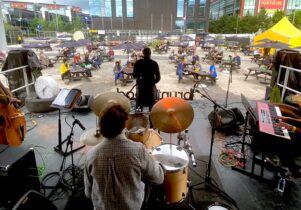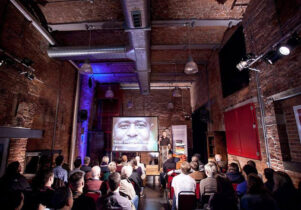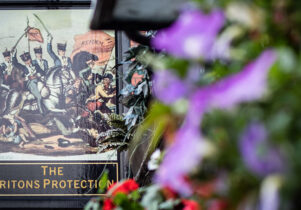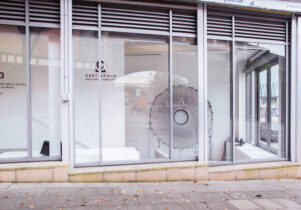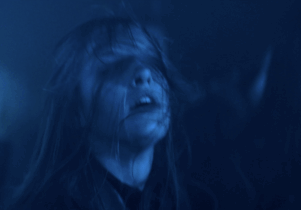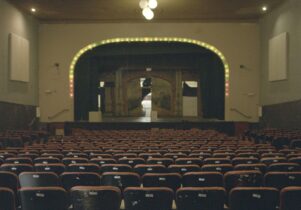Thelma at HOME
Tom Grieve, Cinema EditorBook now
Thelma
Always double check opening hours with the venue before making a special visit.
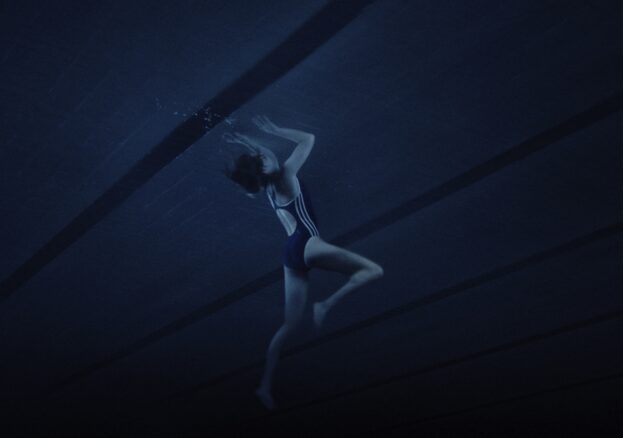
Desire, pleasure and repressive ideology collide with cataclysmic results in Thelma, the latest film from director Joachim Trier. Working back in his native Norway following a sojourn into the English language with the 2015 New York-set drama Louder Than Bombs, Trier takes a patient approach with this slow-burn supernatural coming-of-ager. Eili Harboe plays Thelma, a young Christian who moves away to the big city (Oslo) only to be confronted with all of the ills her parents have warned her about.
Studying biology at university leaves Thelma feeling superior to the small-town creationists she knew at home, whilst her faith initially causes her to remain smugly isolated from her fellow students; whose drinking and dating seems frivolous and shallow. Slowly though, curiosity draws her towards temptation and a glass of wine turns into two and then a budding — but forbidden — romance with a female classmate. The only trouble is that these newfound pleasures arrive accompanied by seizures that manifest her desires Carrie-like in the external world.
Trier’s film teases us with mysterious flashbacks that suggest Thelma experienced similarly destructive fits as a child and it’s hinted that her recently unleashed desires have triggered a relapse. Unfortunately the film’s meanings and metaphors become muddled and difficult to parse as the plot complicates itself in the final third, but Thelma manages to remain visually and thematically compelling throughout. Sumptuous wide-shots, eerie god’s eye views and sensual sequences exploring Thelma’s blossoming sexuality make for a gratifying, if occasionally underdeveloped, queer psycho-thriller.
